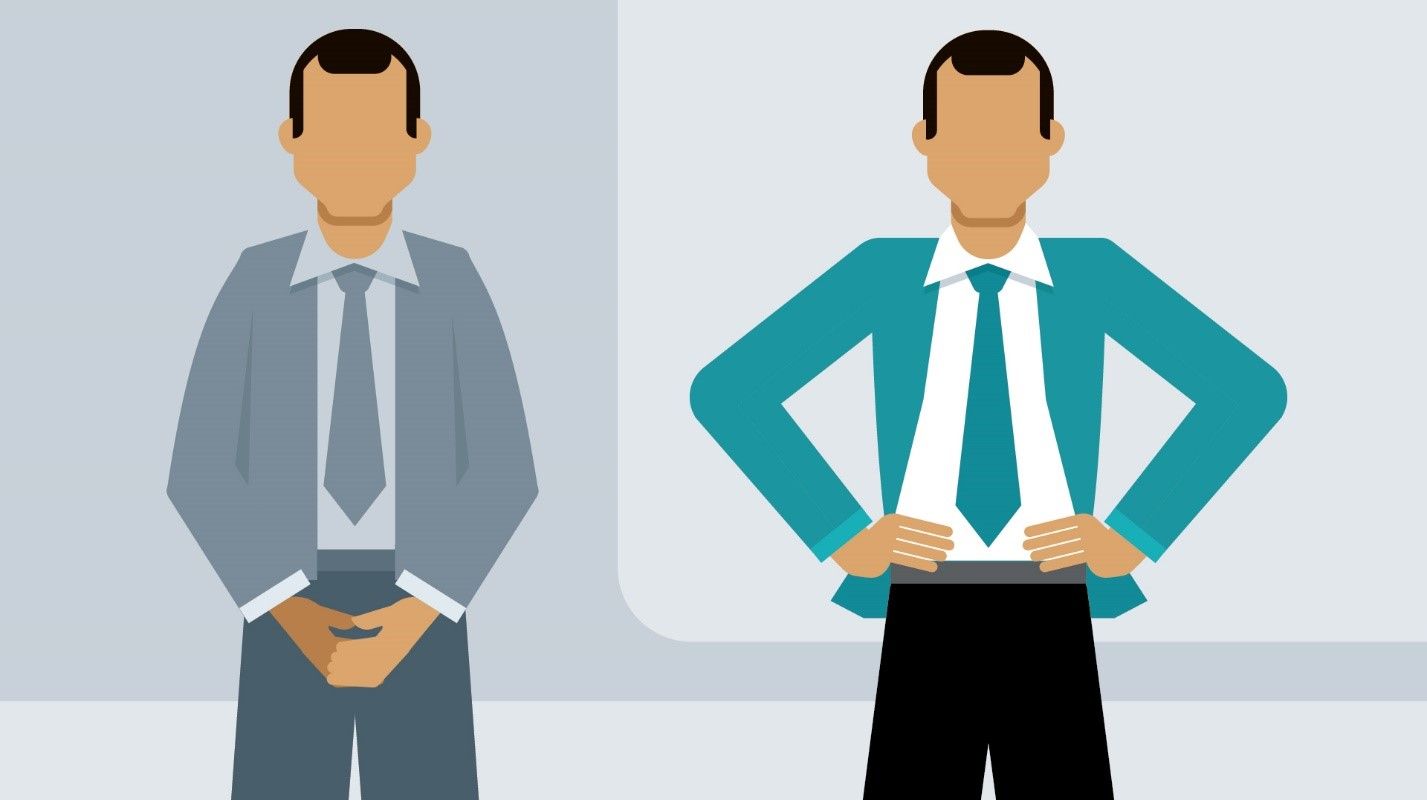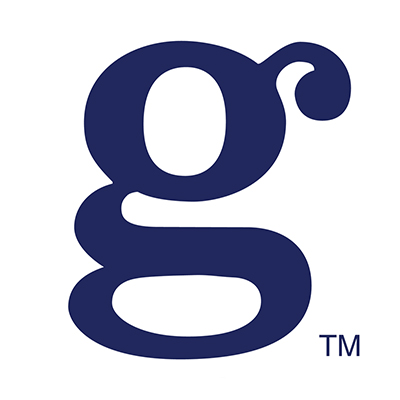Body language tips for your job interview

When an employer invites you to interview for a job you will make a lot of preparations for the interview, study the company background (its website /blog /LinkedIn/Facebook), news about the industry, introduction speech, the questions you might be asked, the question you should be asking the employer. But it’s very easy to overlook one critical aspect of any interview…your Body Language.
When an employer invites you to interview for a job you will make a lot of preparations for the interview, study the company background (its website /blog /LinkedIn/Facebook), news about the industry, introduction speech, the questions you might be asked, the question you should be asking the employer. But it’s very easy to overlook one critical aspect of any interview…your Body Language.
In her book, The Power of Body Language, Tonya Reiman states, “Our conscious brains might be focused on decoding the spoken words in the conversation, but the subconscious does the really heavy lifting, ‘reading’ the body’s many languages for nonverbal cues that tell us about the other person’s true intentions.”
So, from the moment you arrive for a job interview until the moment you leave, you need to be keenly aware of your gestures and nonverbal cues.
Here are 7 tips to help you manage your body language.
Eye Contact
Eye contact can help to build up a personal connection with your interviewers and develop rapport early on, it is very important at the time of handshaking, listening and talking to your interviewers. It expresses that you are open, confident and sincere about the opportunity. But be careful not to go for too much direct eye contact or stare too long, this could make you look aggressive or even creepy! An effective way of making successful eye contact is to rotate from eyes to nose, to lips, avoiding drilling into the interview’s eyes!
Get those hands moving…
“When you’re really nervous, you tend to want to hide your hands because they express your anxiety”, Patti Wood, a body language expert said. Keeping your hands hidden can be misinterpreted as unsecure or nervous behavior. Just relax and use a gesture with your hands when you are talking. “Broca’s area in the brain, which helps produce speech, is active when we’re talking and when we make gestures with our hands. This is great news for those of you that tend to use your hands when you talk. It actually helps you form clearer thoughts”, says renowned body language expert Carol Goman.
Nodding
Nodding your head while listening is a good way to show your attentiveness and understanding. “Nod your head occasionally to let them know you are enjoying and understand what is being said,” Reiman explains. One or two nods with a smile is enough, don’t be like a bobblehead.
Your feet and your arms
Arms crossed is a no-no, it may make you more comfortable and secure, but it makes interviewers interpret it as defensive. It is better to leave your hand on your lap or table when sitting. Body language expert Patti Wood recommends keeping your feet firmly the ground, “It’s not impossible, but it’s difficult to answer highly complex questions unless both of your feet are on the ground.”
Posture
Always be aware of your posture. The job interview actually begins in the waiting room or reception! Therefore, don’t slouch in the chair while you are waiting, sit firmly and lean back straight against the chair, it makes you feel stronger and more confident. And never play with your mobile phone while you are waiting for that all-important interview!
Shake hands with a smile
Shaking hands and making eye contact with a smile showcases confidence and professionalism. A firm handshake is appropriate before or at the end of the interview. If you are too nervous with sweaty palms, you should dry your hands before meeting the interviewer.
Avoid Nervous Habits – fidgeting
It is common to be nervous during an interview, but you need to be cautious of any bad habits such as scratching your nose, rubbing your nail, playing with your hair, shaking legs or other kinds of fidgeting, it disturbs your interviewers, detracts from your performance and shows your anxiety.
Here’s wishing you all the best of luck in landing that next dream job!
https://gemini-global.com/articles/blogs/?Interview-techniques
References:
www.forbes.com/ – 7 Body Language Tips for Winning ‘The Job’
www.careerealism.com/body-language-job-seekers
www.pattiwood.net
The Power of Body Language, by Tonya Reiman





